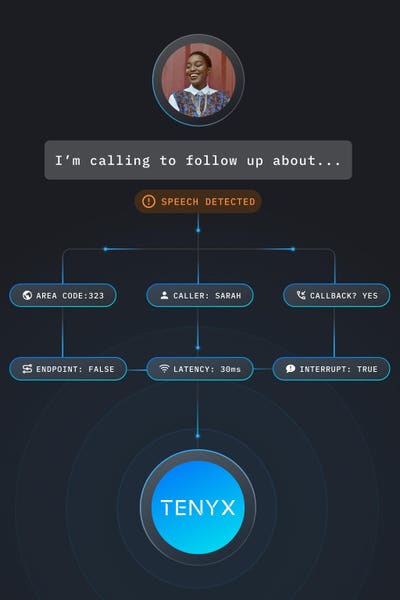The IDF’s response to an article discussing the utilization of the AI-driven database named “Lavender” in the Gaza bombardment emphasizes the baselessness of certain claims and clarifies misconceptions regarding IDF operations and international law. In the aftermath of the Hamas terror attack on October 7, the IDF’s primary objective has been to neutralize Hamas’ military capabilities.
Hamas, recognized for embedding its operatives and military assets within civilian areas, consistently employs civilians as human shields and conducts combat operations from civilian infrastructure such as residential buildings, hospitals, mosques, schools, and UN facilities. In stark contrast, the IDF strictly adheres to international law, ensuring that its strikes exclusively target military objectives and operatives while adhering to principles of proportionality and precautionary measures. Incidents are meticulously investigated to uphold accountability.
The IDF employs a range of tools and methods, including information management systems, to aid intelligence analysts in gathering and analyzing intelligence from diverse sources. It is crucial to clarify that the IDF does not utilize artificial intelligence to identify terrorists or predict individuals’ affiliations. Information systems serve as supportive tools for analysts during target identification processes, with analysts mandated to independently verify targets in alignment with international law and IDF directives.
The database mentioned in the article serves the purpose of cross-referencing intelligence sources to compile updated information on terrorist organizations’ military operatives, rather than a definitive list of targets for attack.
In accordance with international humanitarian law, individuals affiliated with organized armed groups like Hamas’ military wing or those directly engaged in hostilities are considered legitimate targets. The IDF’s legal framework and practices, consistent with international norms, remain unchanged.
Each target undergoes a meticulous assessment to evaluate the potential military advantage against anticipated collateral damage. Proportionality assessments are conducted before strikes based on available information to prevent excessive collateral damage relative to military gains. The IDF takes extensive measures to minimize civilian harm during strikes, including pre-strike target reviews, munition selection based on operational and humanitarian factors, and the use of precision-guided munitions to enhance accuracy.
The IDF vehemently refutes any insinuation of a policy aimed at causing mass civilian casualties during strikes.










